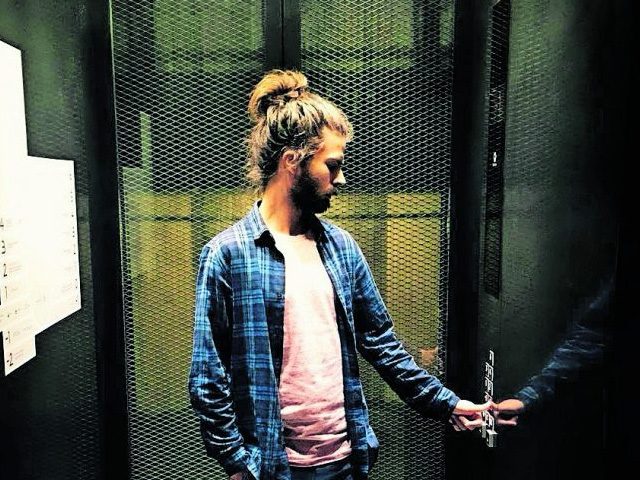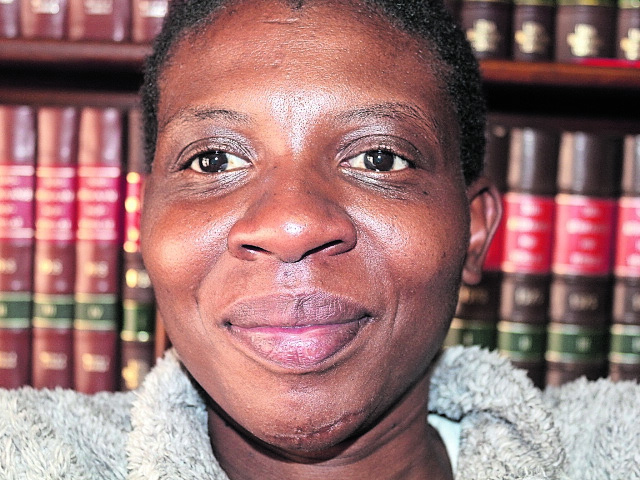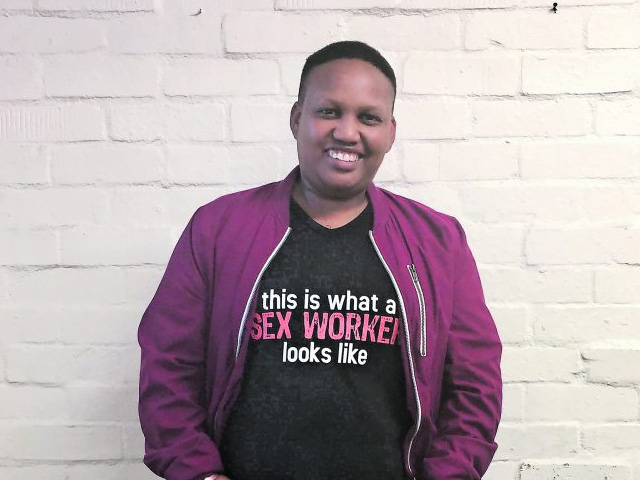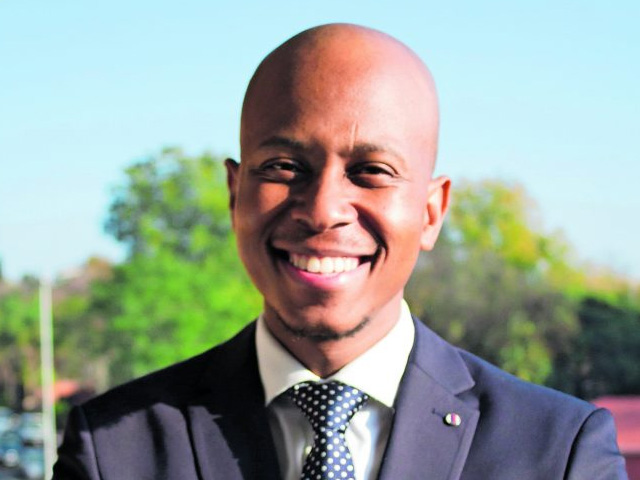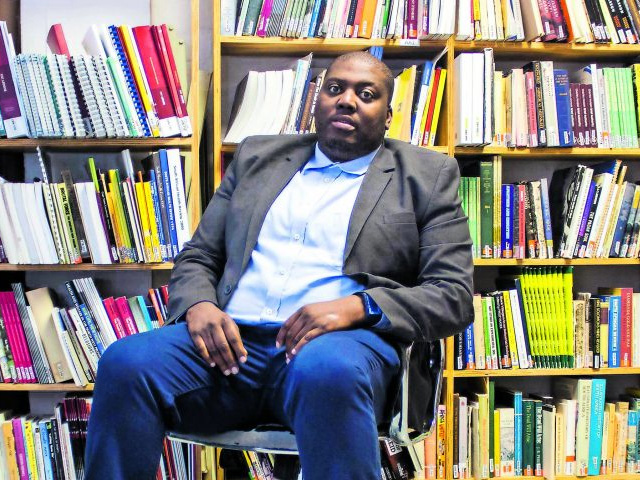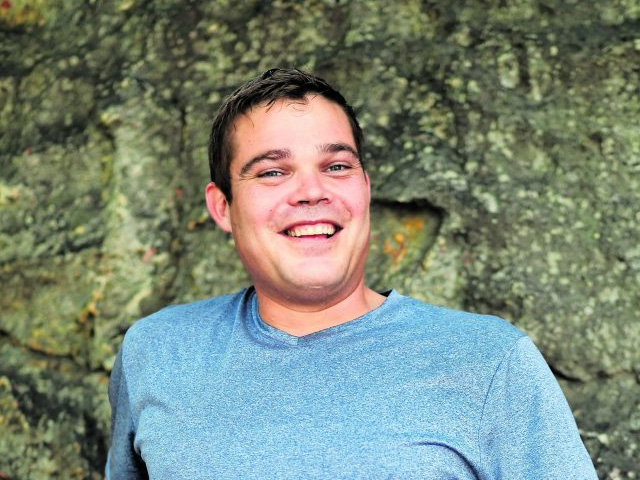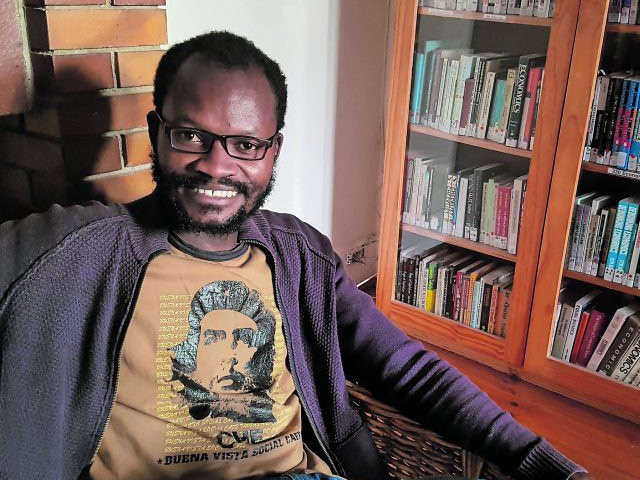Gilbert Pooley is the managing director of Umuzi in downtown Johannesburg. The academy contributes greatly in providing youngsters a year of training that renders them workplace-ready for jobs in advertising, photography and videography, coding and data analysis.
Pooley says South Africa’s overlooked talent is his motivation. “We think of our reported six million unemployed youth with shame and disgrace. For South Africa’s hard-working income tax payers, there’s a handy narrative that the plague of matric failures and unemployment is a lost cause; its victims destined to tend gardens, wash dishes and fill tanks. We blame the government and assume it’s their mess to fix. The truth is, there are millions of young, industrious, talented, entrepreneurial self-starters who are systematically excluded from the economy due to massive inequalities of access.”
Recruits at Umuzi are paid a stipend and work 9am to 5pm to get them used to real work. Many are university dropouts who were bright but couldn’t pay the fees. Umuzi Academy — sponsored by companies who offer work experience — trains these youngsters, and more than 80% of the recruits get full-time jobs after completing the programme.
“I’m most proud of our Umuzi community of black creatives, directors, designers, consultants, strategists and coders transforming the tech and creative industry. There’s nothing more rewarding than seeing their lives and careers take off,” says Pooley, who is positive about the professional development and future of young South Africans despite his concerns about the country’s current public education system.
“Thankfully, there is hope. Through my Umuzi experience, I’ve learned that unemployed and under-valued young people are able to help themselves. They can become independent, innovative value creators if they have access to high-quality learning, and high-value careers. We’ve seen hundreds of previously unemployed, but talented, young people blossom in just one year on Umuzi’s Creative Tech programme. Today, they work at some of the top employers in the country, changing the narrative and securing their future, their families’ and hopefully our nation’s.”
Describing himself as empathetic and curious, Pooley says he realises that past advantage counts less every day. “How much you know, or what you own is becoming irrelevant. How present you are and how fast you’re learning are the contemporary value levers. Thankfully this advantages talented young people, even if they are currently unemployed.” — Simphiwe Rens
